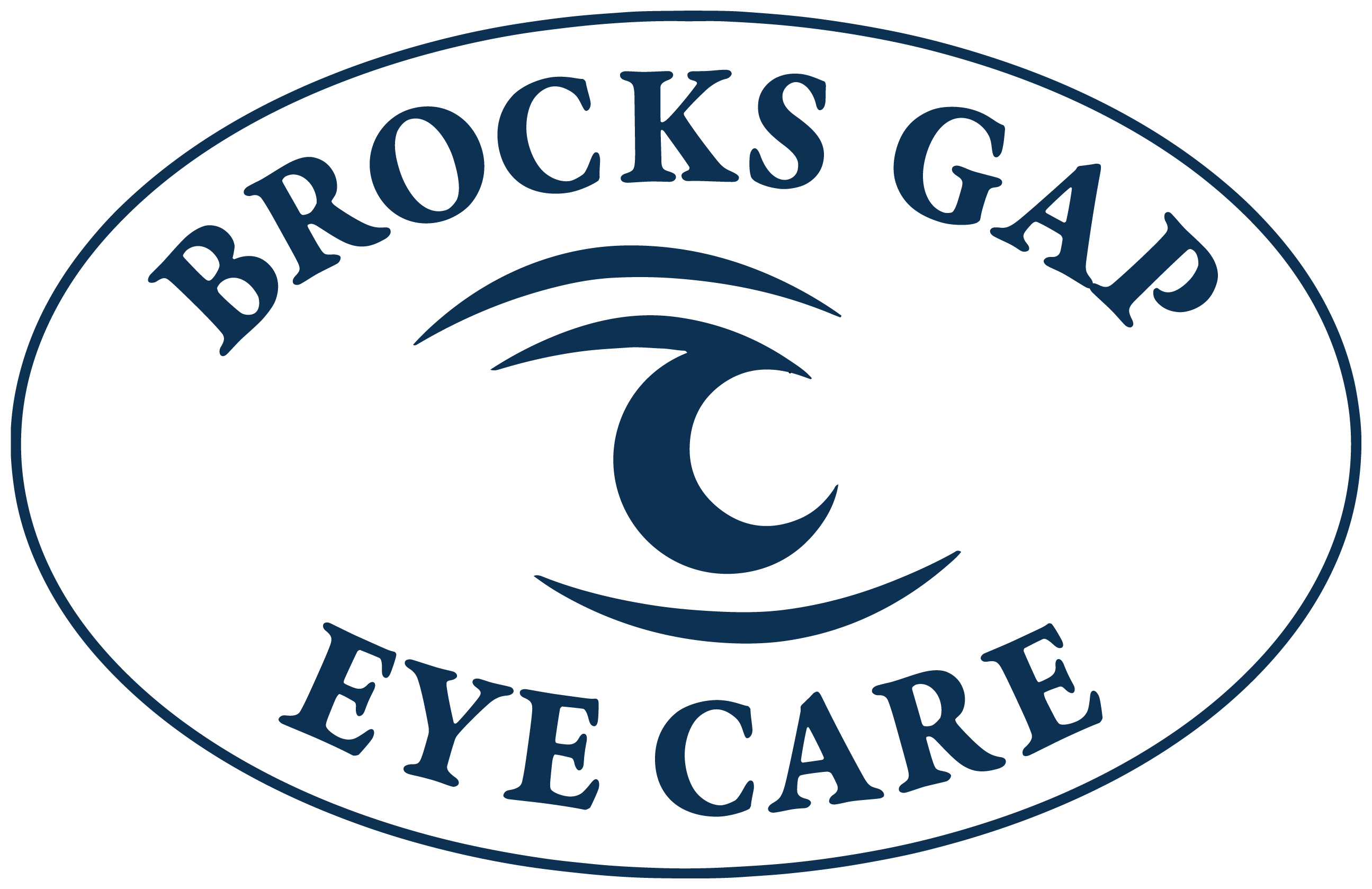Common Eye Problems and Effective Strategies for Prevention
- tansley6
- Jun 13, 2023
- 2 min read
Because of the critical role that our eyes play in our daily lives, maintaining good eye health is imperative. Unfortunately, many people deal with common eye issues that can impair their vision and general health. We will discuss common eye conditions, their causes, symptoms, and practical prevention methods in this blog. You can dramatically lower your risk of getting these problems and enjoy a lifetime of good vision by forming a few simple but crucial behaviors.
Myopia:
Nearsightedness, often known as myopia, is a common eye condition, especially in younger people. It makes it challenging to see distant objects clearly. Encouragement of outdoor activities that expose the eyes to natural light and limiting excessive screen time are essential to preventing myopia. The "20-20-20 rule," which recommends taking a 20-second break every 20 minutes to concentrate on a distant object 20 feet away, can also be helpful. For early identification and prompt corrective action, routine eye exams are crucial.
Dry eye syndrome:
When the eyes do not generate enough tears or do not produce tears of sufficient quality, it causes irritation, redness, and a gritty sensation. Maintaining good hydration by consuming enough water each day will help to prevent dry eyes. Taking frequent pauses while using a screen for an extended period of time and making sure your workspace has adequate lighting and ventilation will also assist. Relief can be obtained by applying artificial tears or lubricating eye drops in accordance with a doctor's instructions.
Computer Vision Syndrome (CVS) is a problem that is frequently brought on by extended usage of computer screens. Eyestrain, hazy vision, headaches, and dry eyes are a few symptoms. Make sure your computer screen is positioned at the proper distance and angle to prevent CVS. You may dramatically lessen eye strain by taking frequent breaks, adhering to the 20-20-20 rule, and adjusting screen brightness and contrast. To reduce eye fatigue, think about wearing computer glasses with anti-reflective coatings.
Cataracts:
The natural lens of the eye becomes clouded, causing hazy vision, light sensitivity, and difficulty seeing at night. While age is frequently a factor in cataract formation, other risk factors can also play a role. Wear UV-protective sunglasses to shield your eyes from excessive sunshine to lower your risk of developing cataracts. A well-balanced diet full of minerals like vitamins C and E, as well as antioxidants, can also support eye health and possibly postpone the development of cataracts.
Glaucoma:
A series of eye disorders known as glaucoma harm the optic nerve and frequently cause irreversible vision loss. For early identification and treatment, regular eye exams are essential. Even though glaucoma cannot always be prevented, maintaining healthy behaviors like routine exercise, abstaining from tobacco use, and controlling blood pressure might help lower the risk. Following your doctor's advice on prescribed medications and therapies for other health issues can also benefit your eyes overall.
You may dramatically lower your risk of having vision difficulties and keep your eyes healthy by identifying common eye concerns and taking preventive actions. Recall to schedule routine eye exams and seek out individualized guidance from an eye care specialist. Give importance to routines like limiting screen time, drinking enough water, covering your eyes from sunlight, and leading a healthy lifestyle. You can protect your vision and have good eyesight for the rest of your life by being proactive.



Comments